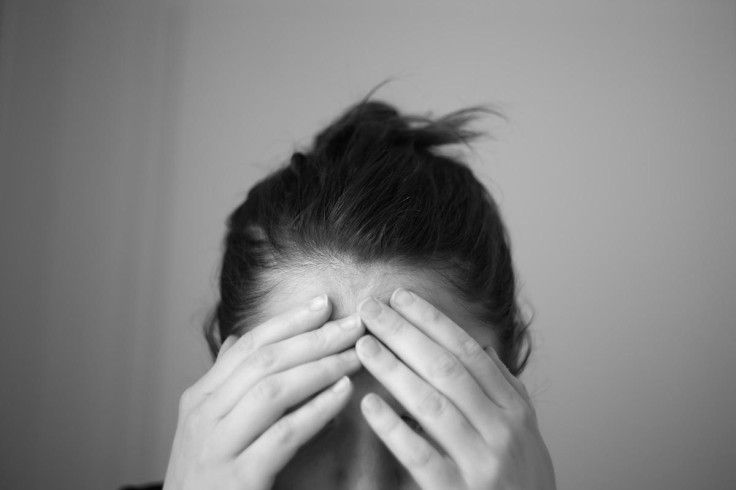UK's Gen Z Too Sick To Work Due To 'Mental Health' Reasons Is 'Harming The Economy'
The study also highlights how mental health issues can even force young adults into lower-paid jobs or unemployment.

A new study conducted in the UK has claimed that people in their early 20s are more likely to be off work due to poor mental health as opposed to those in their early 40s.
The report was prepared by the Resolution Foundation, an independent British think tank. It says that there has been an increase in mental health issues over the years. According to the data provided by the group, 1 in 20 young people (5%) were "economically inactive" due to ill health in 2023.
The number has doubled in the last 10 years, from 93,000 to 190,000. Two-thirds of these young adults reportedly suffered from mental health issues. Physical health problems such mobility issues, learning difficulties and illnesses like cancer have also been responsible for people not being able to work.
In 2021–22, as many as 34% of people in the 18–24 age group reported having mental health disorders such as depression, anxiety, or bipolar disorder. In 2000, the figure was just 20%.
"The economic consequences of poor mental health are starkest for young people who don't go to university, with one in three young non-graduates with a common mental disorder currently workless," said Louise Murphy, senior economist at the Resolution Foundation.
People in their 40s are more likely to complain of a physical problem to get off work than younger adults. The study also found that females were doing far worse than their male counterparts. They were one-and-a-half times more likely to experience poor mental health.
It highlighted how mental health issues can become an obstacle to their education and force them into lower-paid jobs or unemployment.
"Young people today often face multiple stressors, including academic pressure, social media comparison, economic uncertainty, relationship difficulties, increased isolation, poor support system, poor coping skills, and easy/early access to substances," explains Dr Devashish Palkar, a Psychiatrist based out of India.
"Also, there is a decreased stigma around mental health amongst youth, so that also means more people are willing to seek help and receive a diagnosis, leading to higher reported prevalence rates," he said while speaking to IBTimesUK.
The big picture:
The findings of the study have been corroborated by similar studies in the past. Data released by mental health trusts within the NHS in England has revealed that thousands of mental health patients in England are being readmitted within a month of their initial discharge.
Last year, figures from the Office for National Statistics (ONS) revealed that suicide rates among women under the age of 25 in the UK are increasing, with an average of one female taking their own life every two days.
Another study by US researchers claimed that 2020 had been so traumatic for the younger population that it had stunted their social development.
The findings revealed that young adults were less satisfied with their relationships and felt less supported by their friends in 2020, the year the COVID-19 pandemic made its presence felt across the world.
The study found that young people described feeling more stress and anxiety in 2020 as opposed to previous years. The researchers believe that the affected people even missed out on opportunities because of this.
A similar study by The Prince's Trust also revealed that young people were at their lowest in 13 years when it came to feeling happy. The trust was founded by King Charles III in 1976 to help young adults.
In 2017, a research paper presented at the 125th Annual Convention of the American Psychological Association claimed that loneliness and social isolation are a greater public health burden than obesity.
Mental health issues such as depression affects 270 million people all over the world. In the UK alone, around 1 in every 6 adults (16 per cent) of adults were reported to have experienced moderate to severe depressive symptoms in 2022.
© Copyright IBTimes 2025. All rights reserved.






















